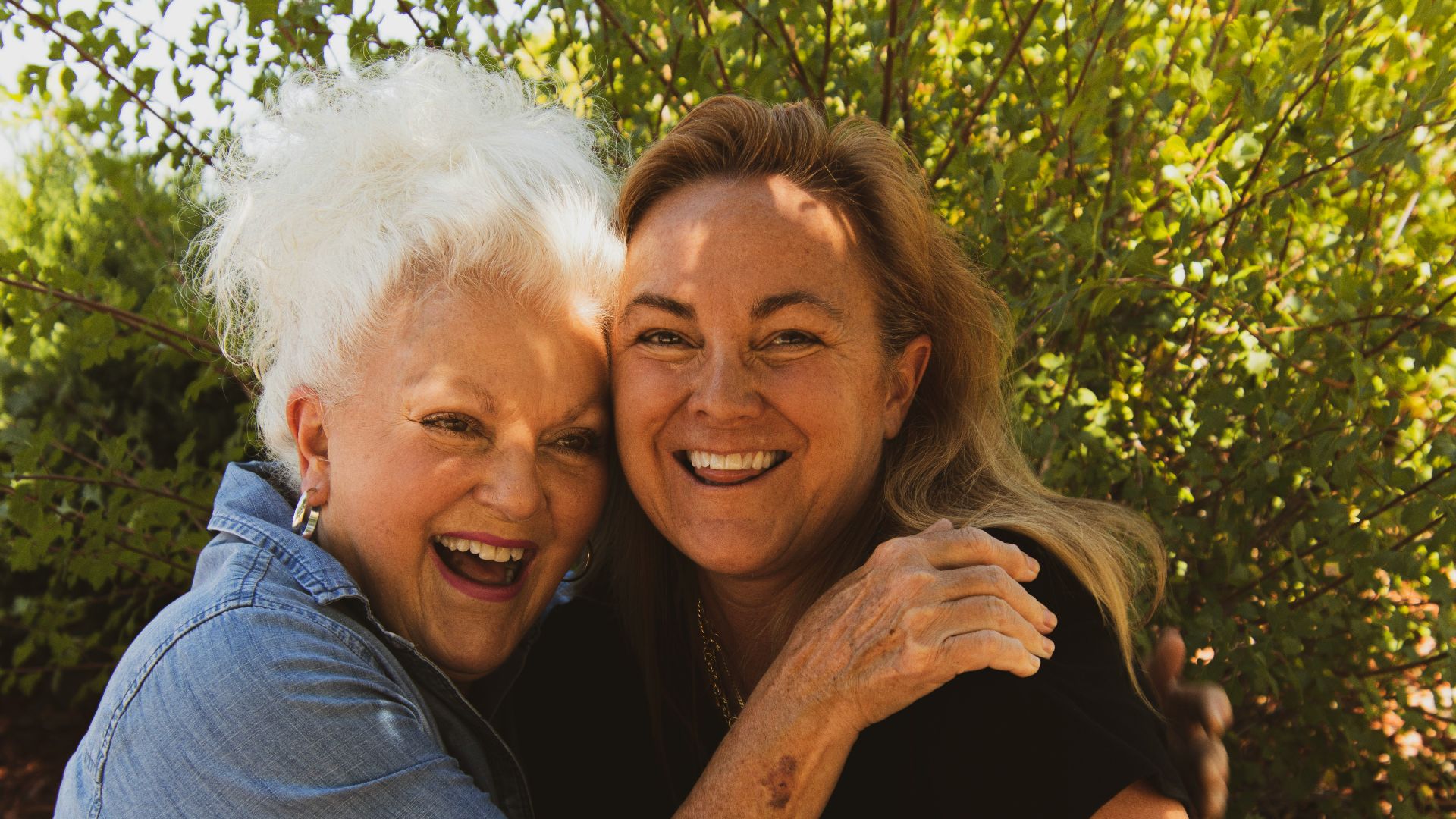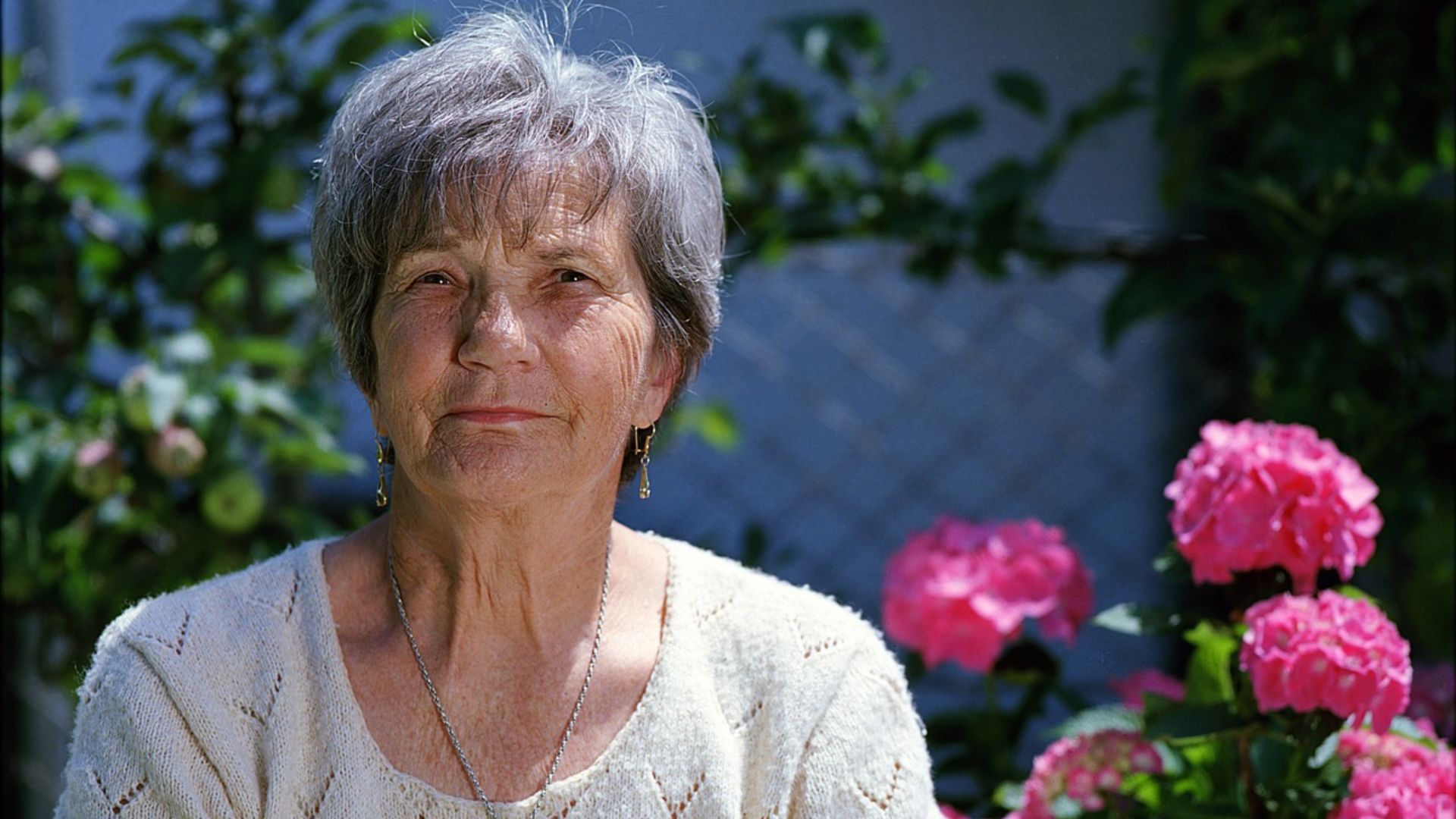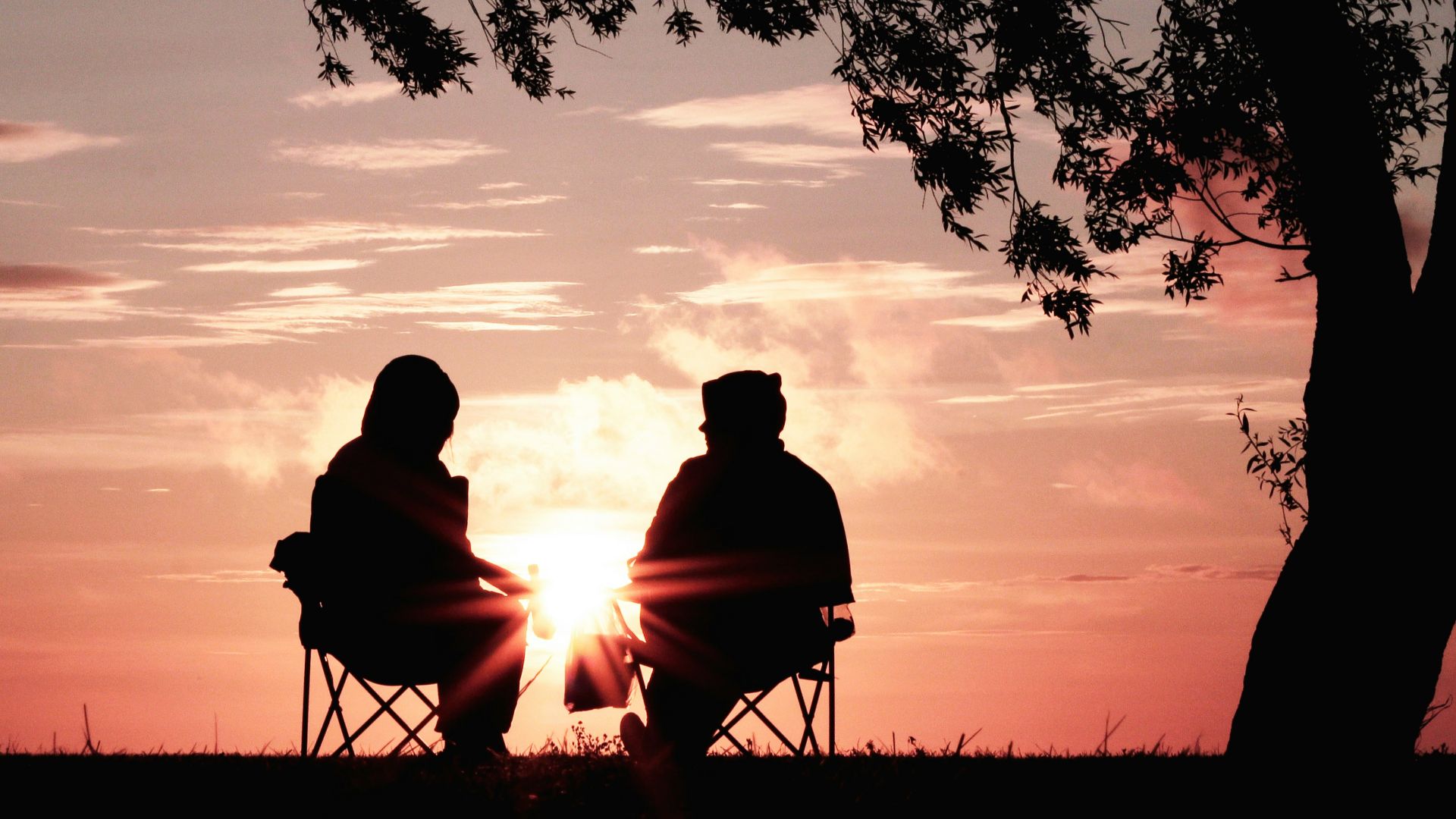Who Would Have Guessed That We'd Miss Our Routine?
Most people look forward to the day they can retire, but not everyone is truly prepared for what it means. Retirees need to get used to having more time, higher healthcare costs, and that some of their friendships might fade. Here are 20 things no one tells you about retirement.
1. Your Identity Will Change
You have to be prepared to accept that your identity is tied to your career, and it needs to change in retirement. Without the daily structure of work and the recognition it brings, you might feel purposeless. Rebuilding your sense of self takes time, but it's doable.
2. You'll Miss the Small Routines
Retirement won't have you just missing your monthly paychecks. You will also miss the morning coffee runs, joking with co-workers, and the sense of belonging and purpose. Retirement is the end of our decades-long routine, and you'll have to create a new one.
3. Time Isn't Always Freedom
The idea of having unlimited time might sound freeing, but you have to make sure that every day doesn't feel the same. You should still set goals and make commitments, so that time doesn't become a burden. Small projects or part-time pursuits can make a big difference.
4. Healthcare Costs Might Surprise You
You're probably anticipating that your healthcare costs will go up even with Medicare or private insurance, but you might not be prepared for how high they might go. You need to plan early with a financial advisor or start a health savings account to prevent future stress.
5. Friendships May Fade
Not every person is prepared for their friendships with co-workers to drift in retirement. If your colleagues were your main social circle, it would take a lot of effort to maintain these friendships.
6. You'll Still Need a Schedule
As people approach retirement, they look forward to not having to live by a schedule. Too much freedom can make you restless, or even cause mental health issues. Start your retirement with soft routines that include exercise, hobbies, and a fun weekly outing.
7. Downsizing is Harder Than You Think
Downsizing isn't just moving to a more manageable home. It also means parting with years of memories, and the process is emotionally draining.
8. You Don't Know How Much Money You'll Need
Some retirees spend less because they are no longer commuting, and others spend more because they want to splurge on things like travel. You need to track your spending for the first year and adjust your budget as needed.
9. Your Partner is Your New Colleague
If you live with a partner or spouse, you are going to be spending a lot of time together. This can deepen your relationship or cause friction. It's best to define your personal space and pursue separate hobbies.
10. You'll Miss Having Deadlines
Work deadlines were stressful, but they pushed you to complete tasks, and without them, things would linger. Many retirees take up new hobbies or home projects to not lose momentum.
11. Volunteering is Competitive
Believe it or not, but many nonprofits have long volunteer waiting lists or require specialized experience or skills. You'll have to show some persistence to get certain volunteer work, so start looking early.
12. Traveling is Tiring
The dream of seeing the world in retirement sounds romantic and life-changing, but the constant packing, long flights, jet lag, and expenses are exhausting. Most retirees find that traveling occasionally is better than traveling endlessly.
13. Boredom Will Be Present
After the novelty of retirement wears off, you might feel bored and a bit empty. Keep learning, teaching, or mentoring in retirement to stay sharp and fill your days with some type of purpose.
14. You Might Feel Guilty at First
Many people who devoted themselves to their careers have trouble resting and relaxing at the start of retirement. It's okay to have slower mornings or to skip a task now and then. It doesn't make you lazy.
15. Technology Keeps Evolving
Staying connected with younger generations means embracing new technologies. It may be digital banking, telehealth services, or social media. By keeping up with technology, you will save yourself a lot of frustration.
16. You Might Outlive Your Friends
Longevity is a gift, but it comes with a lot of loss. Friends will pass, move away, or fall ill. A good strategy is to cultivate relationships across generations through mentoring, teaching, or community involvement.
 LOGAN WEAVER | @LGNWVR on Unsplash
LOGAN WEAVER | @LGNWVR on Unsplash
17. You'll Have to Redefine Success
After decades of accomplishments, you'll have to define what success in retirement looks like. Success should mean contentment, health, and strong relationships, and creating a new paradigm for success can be liberating and fulfilling.
18. You May Need to "Re-Retire"
A lot of retirees surprisingly return to work. Sometimes, they do it for money, and other times, they are searching for fulfillment. This might be a consulting gig, part-time job, or a creative venture. The fun of this is that you can have purpose and structure on your own terms and without sacrificing your freedom.
19. Family Expectations Are Hard to Navigate
Adult children can be as needy as young children. They often assume you're always available to babysit or provide caregiving. Setting boundaries with your older children is never a bad idea, and it doesn't make you selfish.
20. The Best Parts of Retirement Might Come Later
Many retirees report that their happiest years come after the first few. This makes sense as it can take some time to find a rhythm in your new life and discover a new purpose.
KEEP ON READING



























